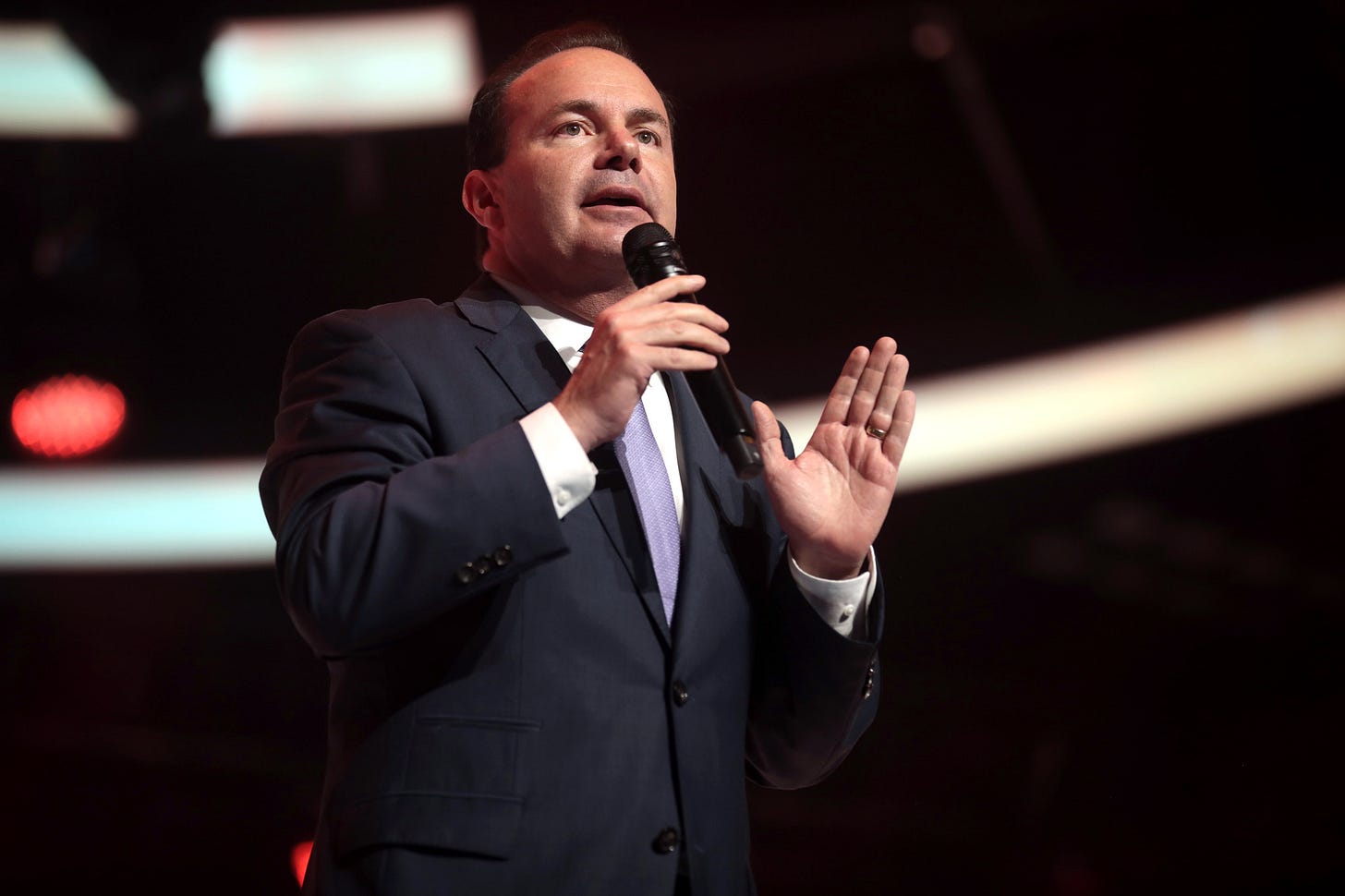Sen. Mike Lee Says He’s Working To Rein In Housing Costs. His Record Tells A Different Story.
The Utah Republican says selling off public lands would help get Americans into affordable homes. He tried to slash funding for affordable housing programs.

As he pushed to insert a wildly unpopular public land sell-off into President Donald Trump’s sweeping budget bill this summer, Sen. Mike Lee (R-Utah) repeatedly described his proposal as a common-sense…



